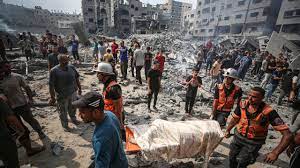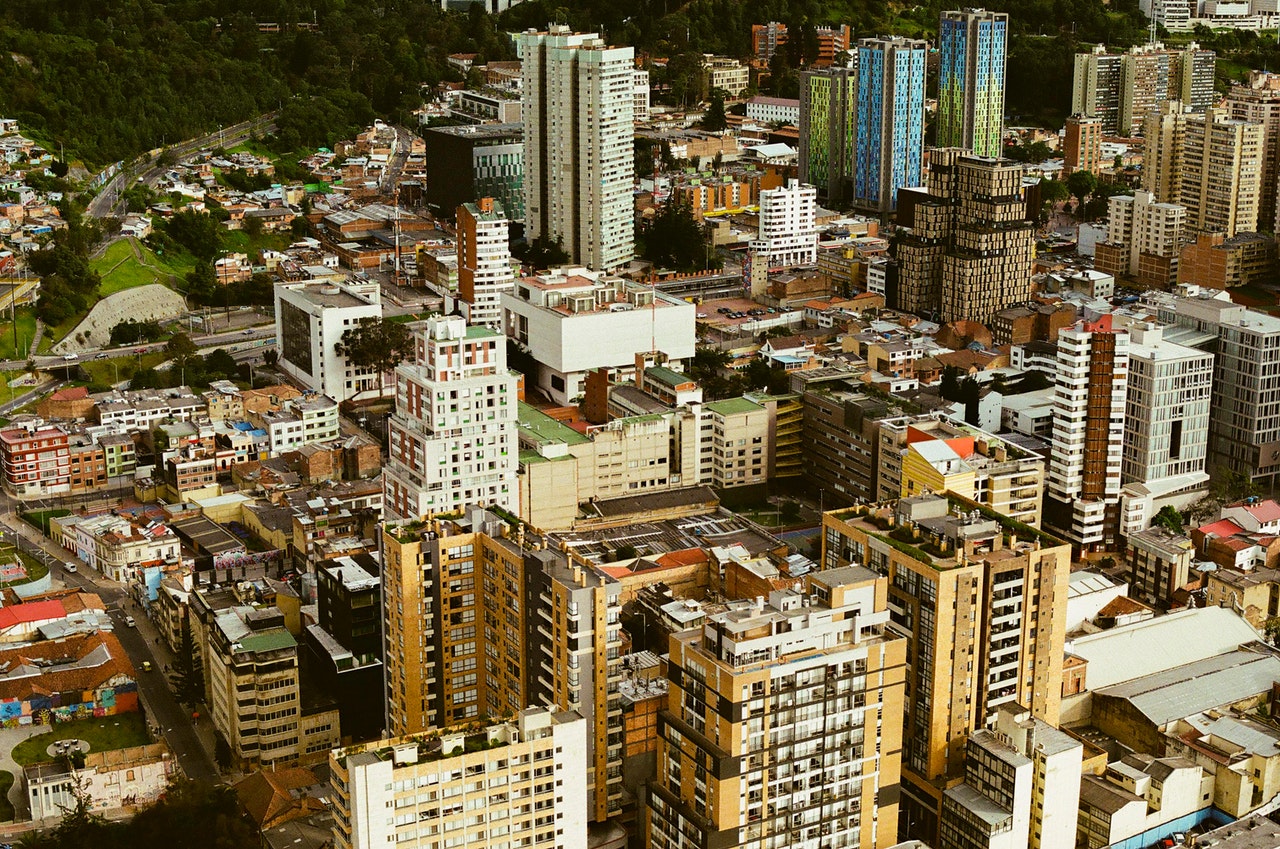When the Palestinian militant group Hamas initiated an attack on Israel over the weekend, Palestinians residing in the besieged enclave experienced a mix of emotions. Some expressed jubilation, viewing it as a triumph against Israel, while others harbored fear, anticipating a potentially lethal retaliation.
The audacious incursion by the militant group led to Israeli Prime Minister Benjamin Netanyahu vowing retribution, declaring a state of war and promising a formidable response to what he termed a ‘black day.’

By the following Monday, Israel’s retaliation was underway, with Defense Minister Yoav Gallant ordering a comprehensive blockade of Gaza. He publicly announced that Gaza would be subjected to a complete siege, entailing the suspension of electricity, food, fuel, and all activities. Gallant emphasized that this action was in response to what he characterized as barbaric terrorism, and even the supply of water to the enclave would be severed.
According to Maj. Ben Wahlhaus, spokesperson for the Israel Defense Forces (IDF), more than 700 individuals in Israel lost their lives due to the incursion by Hamas fighters who crossed the border from Gaza. In response, IDF spokesperson Rear Adm. Daniel Hagari reported that Israel had obliterated approximately 800 targets in Gaza, including what were described as launching sites used by Hamas. Meanwhile, the Palestinian Ministry of Health in Gaza revealed that at least 560 Palestinians had been killed, with another 2,900 suffering injuries. Among the casualties were 78 children.
Gazans, no strangers to conflict with Israel, are taking refuge in their homes, with most lacking access to bunkers. The densely populated territory, accommodating approximately 2 million people within an area of 140 square miles, has forced residents to venture outside only for essential tasks or to search for missing loved ones amidst the destruction caused by Israeli airstrikes. Streets are marred by damage and debris, with the air tainted by the scent of dust and gunpowder.
Salim Hussein, who resided on the first floor of a building that was targeted in an Israeli airstrike, recounted how he and his family received warnings from Israel just moments before the strike. The airstrike left them homeless, and they lost everything they possessed.
Following Hamas’ incursion, Palestinians were prohibited from leaving Gaza through the Erez Crossing, which has become a contested site between Hamas and Israeli forces.
Netanyahu announced the cessation of the supply of “electricity, fuel, and goods” to the Gaza Strip, although IDF spokesperson Lt. Col. Richard Hecht clarified that, as of Sunday, only electricity had been cut. Consequently, Gaza now experiences only around four hours of power per day, down from the usual eight, with Israel being the primary source of electricity. Additionally, internet connectivity has become inconsistent.
Israeli opposition leader and former caretaker Prime Minister Yair Lapid suggested that all options were on the table, including a potential ground incursion into Gaza. However, he emphasized that Israel must consider the fate of the hostages held in the enclave, with the number of hostages unclear – Israeli authorities claim “dozens,” while Hamas asserts over 100.
Subsequently, the Palestinian health ministry in Gaza reported that Israeli airstrikes targeted the al-Shati and Jabalia refugee camps, resulting in a significant loss of life. The health ministry described the situation as a “massacre,” specifically highlighting an attack on the al-Sousi Mosque in the al-Shati refugee camp.
The Gaza Strip has been isolated from the outside world for nearly 17 years, governed by Hamas since 2007. The enclave faces a strict blockade enforced by Egypt and Israel, including an air and naval blockade. Human Rights Watch has referred to it as the “world’s largest open-air prison.” Gazans have witnessed Israeli airstrikes devastating the region on multiple occasions since Israeli forces withdrew in 2005. Frequent clashes occur between Israel and Palestinian factions in Gaza, including Hamas and Islamic Jihad.
Over the weekend, Israel targeted at least 10 towers in Gaza, claiming they were utilized by Hamas. The IDF indicated its current focus on gaining control of the Gaza Strip and urged civilians in the vicinity of the border to evacuate immediately for their safety.
However, escaping the besieged enclave is a formidable challenge for most Gazans, as all border crossings are closed, except for the tightly controlled Rafah crossing with Egypt. Amidst the chaos, residents live in constant “panic and fear,” anticipating each moment for potential bombings to strike buildings. Despite their hardships, many Gazans do not regret Hamas’ attack on Israel, believing it was a response to previous Israeli aggressions.






